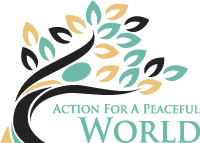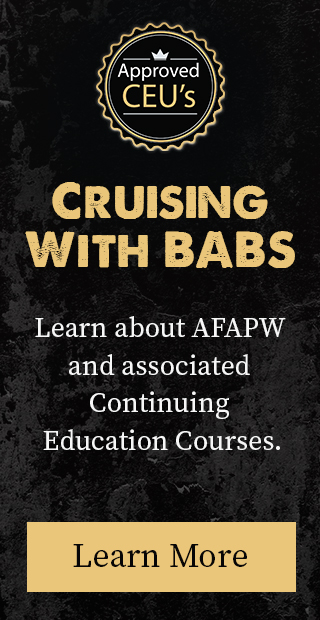Why We Must Take Action Now
By: Abby Twyman | December 22, 2019
As a behavior analyst, I have made a commitment to myself, my colleagues, my clients, and my profession to uphold a comprehensive code of professional and ethical behavior in every word and action. It doesn't really stop there for me and many of my professional colleagues. We have studied the science of behavior. We have lived it. We have breathed it. It is deep in our psyche and our souls. It is a part of us. It is the lens with which we see and interpret the world. Therefore, we don't see a separation between our "work" life and our "personal" life, because behavior is behavior no matter where or who you are. We know that the science of behavior and learning is applicable to everything.
Everything I observe throughout the day is perceived through the lens of a behavioral scientist. It is who I am inside and out. It's not something I can simply turn off, nor is it something I particularly want to turn off. I love my brain. It does some pretty cool things. And it has brought me to where I am today. While there are some experiences in my past that are sad to think about, there is no way I would be the person I am today with the particular knowledge, skills, and passions that I have, without them. I'm grateful for every experience I've had as they have created within me a strong motivation to support others on their paths of healing from the wounds of the past.
Understanding the Context is Essential
In 2017, my husband, our dog, and I moved to Prince of Wales Island which is located in Southeast Alaska. We moved here to support my aging parents by taking over the management of their business and helping them around the house. Living in rural Alaska is a hard lifestyle, but the people who live here are a hearty breed of individuals who would rather die than move off the island. There are many beautiful things about this island, but there are also some very heart-breaking realities that impact people deeply.
There are an estimated 3836 adults and 1723 children living on the island. Based on statistics derived from the Alaska Scorecard (2019), on the island, an estimated 779 adults have mental health issues (e.g., anxiety and depression), 622 children are depressed, 410 adults are dependent on alcohol or drugs, 664 adults regularly binge drink, and 207 adults have seriously considered suicide. Looking back at the same data sets from 2008 and 2013, it's clear that the problem is not getting better. In fact, it's gotten worse. As someone who grew up in Alaska, and has been back here for three years and has seen the reality of these data and the negative impact it's having on our community, I'm extremely concerned.
Finding Hope and Taking Effective Action
In 2009, a community assessment was completed and identified binge drinking, drug and alcohol use, and domestic violence as the most concerning issues for residents. While a look at the quantitative and qualitative data may give a bleak outlook, there is a reason for hope. Based on this report, many communities began implementing programs to address those concerns, and have made positive steps forward together as a collective network. The unfortunate reality, however, is that a lot of this work is being done by community members as a secondary volunteer-run and grant-funded effort as opposed to full-time paid hourly or salary jobs. Due to that, progress has been slow.
As a behavior analyst, I believe my professional and ethical responsibility goes beyond my job. When I look around this community through my unique set of lenses, I can't help but be struck by the urge to do something to support their change efforts. The challenge I've had over the past 3 years is not knowing where to start so I didn't do much, but starting in 2020 I'm going to start taking more action. While I don't know if it will be effective, at this point the only thing I can do is try, and work to identify improvements when they happen.



